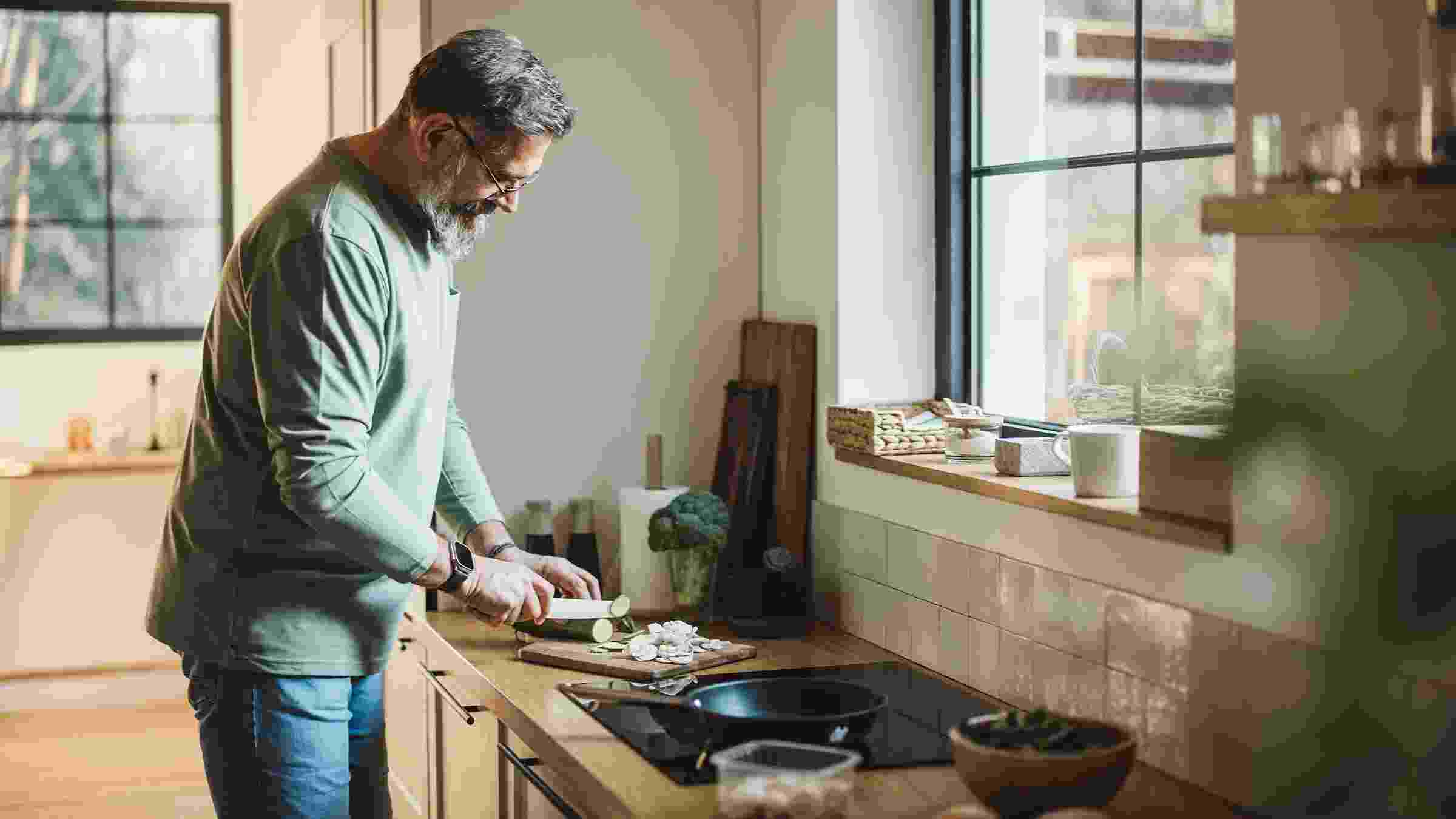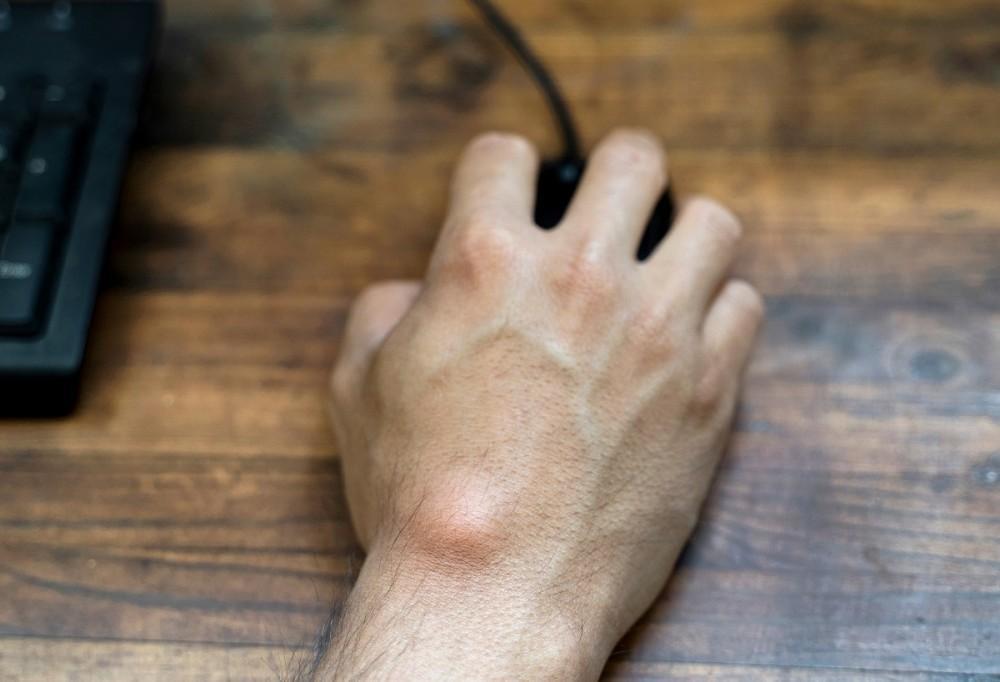What Foods Can Cause a False Positive Cologuard Test?
If you’re wondering what foods can cause a false positive cologuard test, you’re not alone. Many patients are concerned about how their diet might affect their colorectal cancer screening results. Certain specific foods have been known to trigger inaccurate readings in Cologuard tests, leading to unnecessary stress and follow-up procedures. Understanding exactly what foods can cause these false positive Cologuard test results is crucial for proper preparation and accurate screening outcomes.
Understanding Cologuard Tests
Cologuard is a FDA-approved, home-based stool DNA test that detects altered DNA or blood in stool, which could indicate colorectal cancer or precancerous polyps. While it’s a convenient screening option, its accuracy can be influenced by various factors, including diet.
The American Cancer Society provides comprehensive guidelines for cancer screening and prevention. According to their latest recommendations, adults at average risk should begin regular colorectal cancer screening at age 45.
Top Foods That May Cause False Positives
1. Red Meat and Processed Meats
- Why it affects results: Undigested blood from rare or raw meat can be mistaken for gastrointestinal bleeding.
- Examples: Beef, lamb, pork, sausages, bacon
- Recommendation: Avoid red meat for at least 3 days before the test
2. Cruciferous Vegetables
- Why it affects results: These vegetables can cause minor gastrointestinal irritation or bleeding in some individuals.
- Examples: Broccoli, cauliflower, cabbage, Brussels sprouts
- Recommendation: Limit consumption 2-3 days before testing
3. Vitamin C-Rich Foods and Supplements
- Why it affects results: High doses of vitamin C can interfere with the chemical reactions used to detect blood in stool.
- Examples: Oranges, lemons, vitamin C supplements, bell peppers
- Recommendation: Avoid high-dose supplements 3 days prior
4. Blood-Containing Foods
- Why it affects results: Any external blood source can contaminate the sample.
- Examples: Rare meat, blood sausage, liver
- Recommendation: Avoid completely before testing
5. Raw Fruits and Vegetables with Small Seeds
- Why it affects results: Small seeds can cause microscopic abrasions in the digestive tract.
- Examples: Strawberries, raspberries, kiwi, tomatoes
- Recommendation: Choose seedless alternatives before test
How to Properly Prepare for Cologuard Test
Dietary Guidelines Before Testing
- 3-7 Days Before Test:
- Gradually reduce high-risk foods
- Increase water intake
- Maintain a balanced, mild diet
- 48 Hours Before Test:
- Avoid all red meat
- Limit raw vegetables
- Stop vitamin supplements
- Day of Test:
- Follow manufacturer’s instructions exactly
- Use provided collection kit properly
- Return sample immediately
Additional Preparation Tips
- Stay hydrated with water
- Continue prescribed medications (unless doctor advises otherwise)
- Avoid strenuous exercise that might cause gastrointestinal bleeding
- Inform your doctor about any supplements or medications
Other Factors That Can Affect Results
Medications and Supplements
- Blood thinners: Warfarin, aspirin, clopidogrel
- NSAIDs: Ibuprofen, naproxen
- Iron supplements
- Certain herbal remedies
Medical Conditions
- Hemorrhoids
- Peptic ulcers
- Inflammatory bowel disease
- Recent gastrointestinal procedures
Frequently Asked Questions
Q: How long should I avoid these foods before the test?
A: Most experts recommend avoiding high-risk foods for 3-7 days before your Cologuard test for optimal accuracy.
Q: Can I eat chicken or fish before the test?
A: Yes, thoroughly cooked chicken, turkey, and fish are generally safe to consume before testing.
Q: What about fruits like bananas and apples?
A: Peeled fruits like bananas and apples without skins are usually safe. Avoid fruits with small seeds or tough skins.
Q: Should I stop my medications before the test?
A: Never stop prescribed medications without consulting your doctor. Discuss all medications with your healthcare provider before testing.
Q: How accurate is the Cologuard test?
A: Cologuard is about 92% accurate for detecting cancer and 69% for detecting precancerous polyps when used as directed.
When to Consult Your Doctor
Always discuss your medical history and any concerns with your healthcare provider before screening. They can provide personalized advice based on your specific health situation.
Is Cologuard FDA-approved?
Yes, Cologuard received FDA approval in 2014 and remains an approved screening method. For complete regulatory information, visit: FDA Cologuard Details
What foods can cause a false positive Cologuard test?
Here we’ll answer the question which about what foods can cause a false positive cologuard test? The main foods that can cause a false positive Cologuard test include red meat, cruciferous vegetables, vitamin C-rich foods, and blood-containing foods. This is why proper dietary preparation is essential before your screening.
📌 IMPORTANT DISCLAIMER:
This article provides general information only. Always follow your healthcare provider’s specific instructions for Cologuard test preparation and consult them for medical advice.

